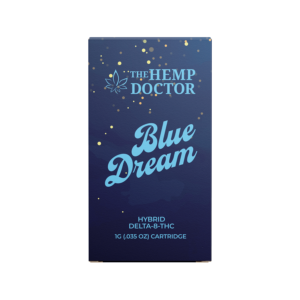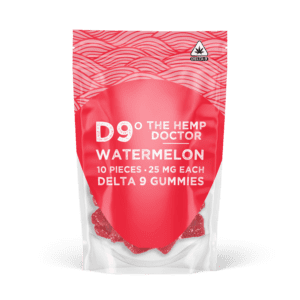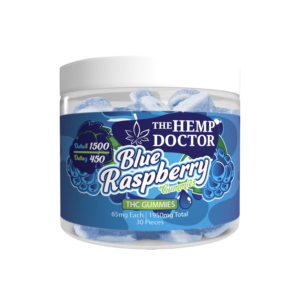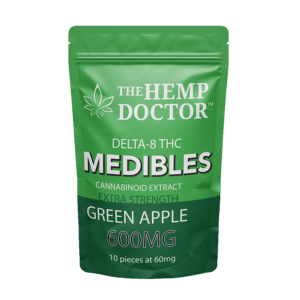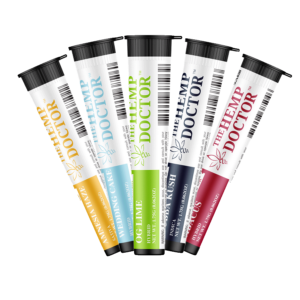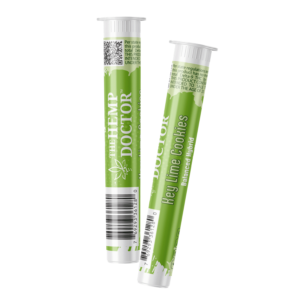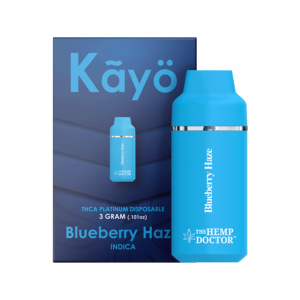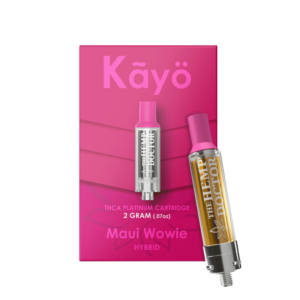In recent years, the number of vapers using vapes as a substitute for traditional cigarettes or recreational purposes has significantly increased. A growing market for the sale of vapes has emerged due to this growing popularity. Vaping has developed considerably lately, with new gadgets and e-fluids routinely presented, contributing to the industry’s overall expansion and keeping it exciting and fresh.
Some of the most widely used varieties of vapes are:
E-cigarettes: These are the most straightforward vapes, consisting of a battery and an e-liquid cartridge. They are ordinarily tiny, making them a favorite choice for new vapers.
Vape pens: Compared to e-cigarettes, these are larger, more potent, and frequently feature refillable tanks.
Box mods: These are even more customizable than vape pens and are larger and more potent.
Modifications to the pod: These are similar to e-cigarettes, but instead of cartridges, they use pods that can be refilled. They are a popular option for vapers who are always on the go because they are typically smaller.
Dispensable vapes: These are disposable, pre-filled vapes meant to be used once and thrown away. They are often a good choice for people just starting with vaping.
Vaping dry herbs: Instead of e-liquids, these are designed to vaporize dry herbs.
However, it is essential to remember that various factors, such as changes in regulations or public perceptions of the products, can impact the sale of vapes. For instance, the sale of vaping devices, particularly to minors, has been restricted or prohibited in some locations. Therefore, it is essential for sellers to keep abreast of these issues and to place a high priority on their customers’ safety and well-being.
Despite this, the vaping market is expected to expand in the coming years, especially as more people look for alternatives to smoking. Sellers can profitably capitalize on this expanding market by staying current on regulations, product quality, and customer requirements.
There are ten crucial facts to keep in mind if you want to sell vape products that contain CBD, Delta-8, or THC-O:
1. Regulations
The legal status of CBD, Delta-8, and THC-O varies from state to state and country to country. Before selling these items, familiarize yourself with local laws and regulations.
2. Quality product
Sell only high-quality, safe products from reputable distributors and manufacturers. Look for items tested in a third-party lab and adhere to good manufacturing practices (GMP). Products containing CBD, Delta-8, or THC-O should have accurate labels and meet safety standards.
3. Verification of age
Before selling any products to your customers, it is critical to confirm their age. However, products containing CBD, Delta-8, Delta-9, or THCa may have different age restrictions in some regions.
4. Marketing
Be careful when promoting your products because some claims may be false or misleading. Don’t make any health claims, ensure your marketing materials comply with regulations, and avoid marketing to minors.
5. Service to customers
To build a loyal customer base and provide excellent customer service, incorporate addressing questions, offering help, and offering discounts or trades when vital.
6. Security measures
When storing and handling products that contain CBD, Delta-8, Delta 9, and THCA sellers should take appropriate safety precautions, such as storing them away from heat or flammable materials and keeping them out of the reach of children.
7. Education
Make sure your customers are aware of the various kinds of available products and their potential effects. Educate yourself and your customers about the risks and benefits of using products that contain CBD, Delta-8, Delta 9, or THCA.
8. Variety
To appeal to a variety of customers, offer an array of products. This could include various flavors, nicotine concentrations, and types of devices.
9. Price
To attract customers, offer competitive prices. To encourage sales, think about offering discounts or promotions.
10. Reputation
Fabricate a positive standing by giving quality items, magnificent client care, and conforming to guidelines. This can assist with drawing in new clients and assemble steadfastness among existing ones.
The Future
Changing regulations, shifting consumer preferences, and technological advancements will likely shape the vaping industry’s future.
The continued expansion of vaping products is one possible trend, especially as more people look for alternatives to traditional smoking. But regulatory changes and public perceptions of the dangers of vaping to health and safety could also affect this growth.
Creating cutting-edge vaping technologies, like devices that give users more control over the temperature or vapor concentration, is another possible trend. Sellers may have new opportunities to differentiate themselves and appeal to a broader range of customers as these technologies become more widely available.
The industry’s future may also be influenced by the emergence of novel vaping products, such as those containing THC-A or other cannabinoids. These products may gain consumer acceptance, and popularity as more research is done on their potential benefits and drawbacks.
In the end, various factors will determine the future of the vaping industry. However, sellers can position themselves to take advantage of new opportunities and navigate the industry’s shifting landscape by remaining informed and adaptable.
For Consideration
It is essential to remember the distinctions between selling cigarettes and vaping.
For starters, the laws governing the sale of e-cigarettes are relatively new, but the laws governing the sale of cigarettes are well-established and have been in place for decades. When selling cigarettes, many restrictions and requirements do not necessarily apply to selling vaporizers. Secondly, while the long-term health effects of vaping are still being researched, it is known that cigarettes can lead to lung cancer, heart disease, and other serious health issues. Thirdly, while the user can alter the nicotine content of vapes, cigarettes contain a predetermined amount. Because of this, the amount of nicotine a customer may inhale while vaping is more likely to vary. Lastly, vaping products typically come in many flavors, which may make them more appealing to some consumers. Typically, cigarettes only go in their standard tobacco flavors.
In summary, the main distinctions between selling vapes and cigarettes are the regulations, health risks, and product features. Products for vaping offer more customization and variety, but their long-term health effects are less clear. Additionally, the rules governing the sale of vaporizers are still changing, which can cause sellers some uncertainty.
The vaping industry has grown significantly in recent years and is likely to continue growing in the years to come. Businesses in this sector have the potential to position themselves for future success.
Are you searching for a wholesale vape supplier?
At the Hemp Doctor, we have years of experience selling premium quality vapes like our THCA vapes to our customers and retailer. We are proud to offer some of the most innovative ones on the market, loaded with compounds like Delta 9, THCA and Delta 8 THC. Shop today and find the right products for your cannabis store.
